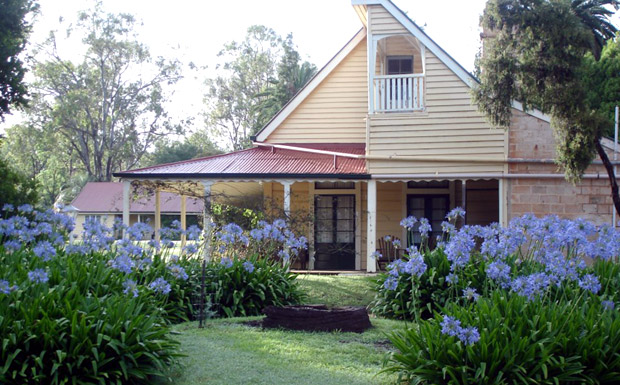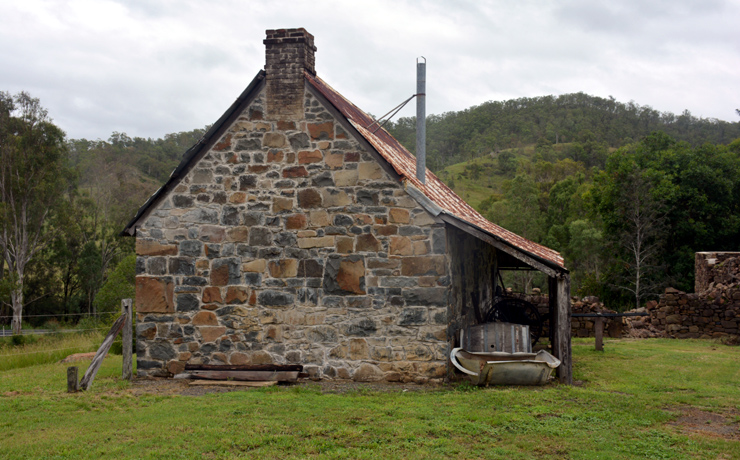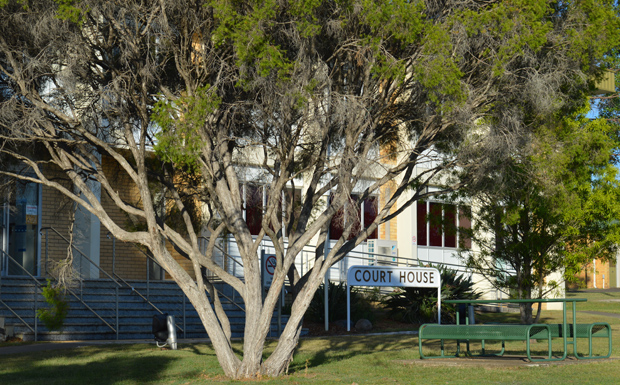
December 23, 2013
A new class of food licences with lighter compliance requirements and lower fees will be introduced for the region’s bed and breakfasts and farmstays after three tourism operators wrote a joint letter to Council objecting to the cost of obtaining a Food Business Licence.
Passchendaele Farm Holidays, Minmore Farm Stay and Taabinga Homestead wrote the letter earlier this year.
They said the current food licensing model didn’t take into account the low-level of risk entailed in home-based business – where operators typically eat the same food they serve guests – or the reduced inspection times required for smaller food establishments.
A report on the matter was initially tabled at September’s South Burnett Regional Council meeting but it was moved that it be “laid on the table” until Council officers could prepare a separate report on a new, tiered licence fee structure that could be introduced in place of the current one.
At the December meeting, officers said the idea of a new food business licensing model had now been looked at.
The new model would assess food businesses on the basis of the potential risk they posed to public health, and grade them as either low, medium or high risk.
After some discussion, Councillors agreed to adopt the Risk Based Food Business Licensing Model for the 2014-15 financial year.
Under the new model, high-risk premises (typically food manufacturers) will pay an extra $74 per year; medium-risk businesses (typically take-away foods) an extra $35 per year; and low-risk food businesses $38 per year less.
Councillors also voted to introduce a new Non-Compliance Inspection Fee of $100 per hour to be applied to businesses that required additional non-compliance inspections in 2014-15.
Mayor Wayne Kratzmann pointed out that this new fee would be unfair to many bed and breakfast and farmstay operations who were located far away from the Council’s offices if it included staff travelling time.
After a brief discussion, the original motion was then amended to ensure the fee will only be charged for the time Council health officers spend on a site conducting inspections, not for travelling time.
The Council will write to all the region’s food business operators next year to advise them of the new licensing model and associated fee structures.























